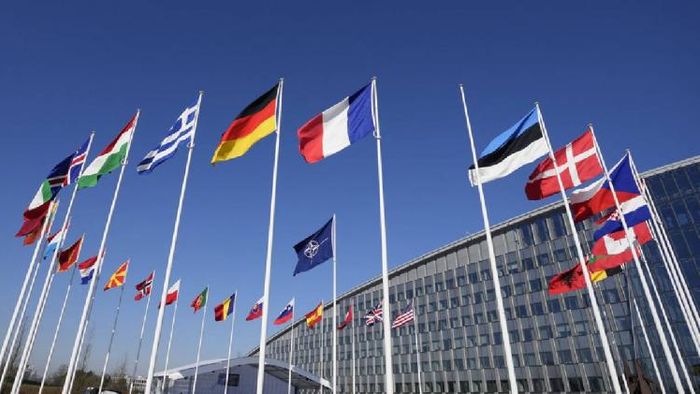Finland joins NATO as its 31st member amidst growing tensions with Russia
Finnish Defence Minister Antti Kaikkonen called it "a big day for Finland of course and I'd say it's a win-win situation".

- Apr 04, 2023,
- Updated Apr 04, 2023, 6:53 PM IST
In a historic move, Finland has become the 31st member of the North Atlantic Treaty Organization (NATO) on Tuesday, doubling the US-led alliance's border with Russia. The Kremlin's war on Ukraine prompted Finland to drop decades of military non-alignment, and joining NATO places it under the alliance's Article Five, the collective defence pledge that an attack on one member "shall be considered an attack against them all". Completing the ratification in less than a year, Finland's membership process has been the fastest in the alliance's recent history.
Awkward allies Turkey and Hungary delayed Finland's bid to come under the NATO umbrella, but last week, the Turkish parliament cleared Finland's final hurdle. The formalities were completed on Tuesday at NATO headquarters, where Finland's foreign minister handed over the formal accession papers to US Secretary of State Antony Blinken. The Finnish flag was then raised next to those of its new allies between Estonia and France, in front of the gleaming headquarters in Brussels.
Finnish Defence Minister Antti Kaikkonen called it "a big day for Finland of course and I'd say it's a win-win situation". Joining NATO removes the room for miscalculation in Moscow about NATO's readiness to protect Finland and makes it safer. Meanwhile, NATO Secretary-General Jens Stoltenberg said, "We are removing the room for miscalculation in Moscow about NATO's readiness to protect Finland, and that makes Finland safer."
However, the move has angered Russia, and on Monday, it said it would boost its military presence in the region in response to Finland joining NATO. Invaded by the Soviet Union in 1939, Finland stayed out of NATO throughout the Cold War, but its membership now brings a potent military into the alliance with a wartime strength of 280,000 and one of Europe's largest artillery arsenals. Its strategic location also bolsters NATO's defences on a border running from the vulnerable Baltic states to the increasingly competitive Arctic.
Though the hope had been for Sweden to join NATO at the same time, Budapest and Ankara remain the holdouts after belatedly agreeing to wave through Helsinki's bid. Sweden has upset Hungary's leader Viktor Orban, one of Putin's closest allies in Europe, by expressing alarm over the rule of law in Hungary. It has also angered Turkey by refusing to extradite dozens of suspects that President Recep Tayyip Erdogan links to a failed 2016 coup attempt and a decades-long Kurdish independence struggle. NATO diplomats hope Erdogan will become more amenable if he weathers elections next month and that Sweden will join before a NATO summit in Vilnius this July.